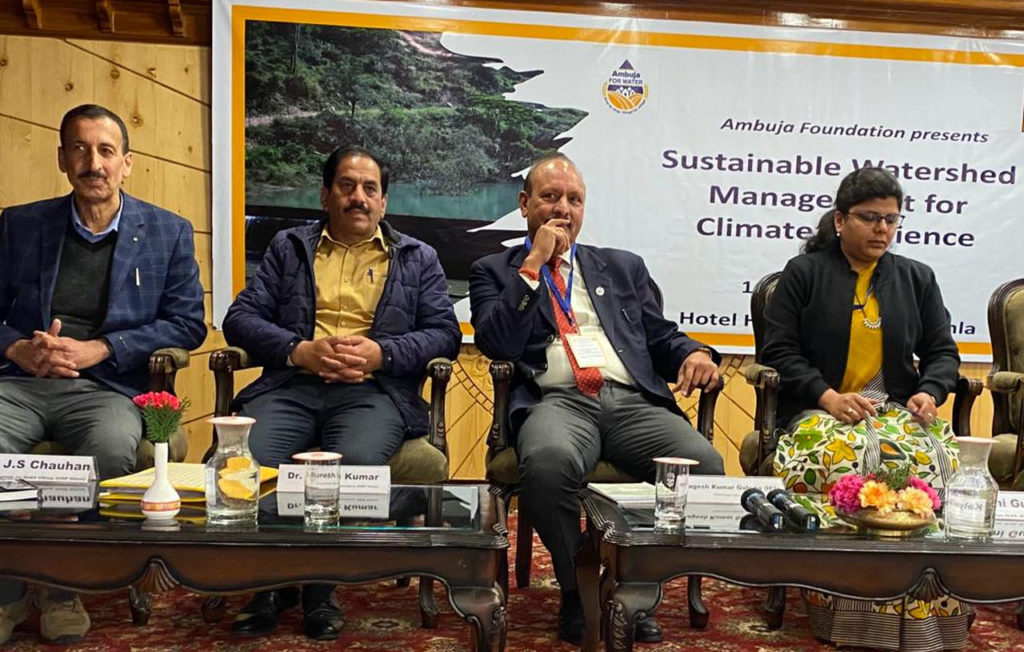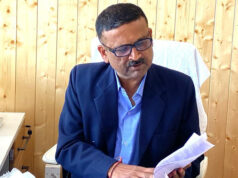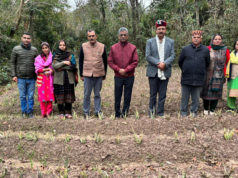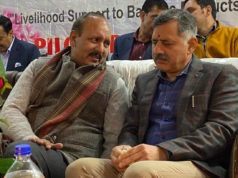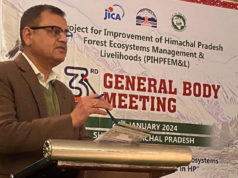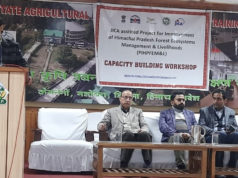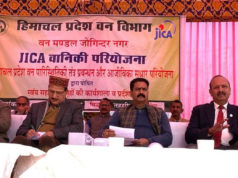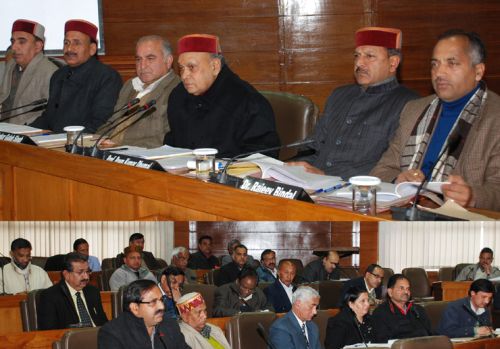JICA Chief Advocates Fairness in Climate Response to Safeguard Our Future
In the face of escalating environmental crises exacerbated by climate change, the imperative for environmental equity has never been more pressing. As communities worldwide grapple with the devastating impacts of environmental degradation, Nagesh Kumar Guleria, Chief Project Director of the JICA Forestry Project, delivers a poignant message on the vital role of fairness and justice in mitigating these challenges.
Speaking at a workshop convened by the Ambuja Cement Foundation in Shimla, Guleria’s rallying cry for environmental equity resonates deeply with attendees. Against the backdrop of mounting ecological threats and social disparities, Guleria urges stakeholders to prioritize fairness and inclusivity in their responses to the climate crisis.
Guleria begins by articulating the daunting array of challenges confronting our planet, from the extinction of various species to the continuous decline in groundwater levels, melting glaciers, rising temperatures, and the pervasive insecurity about the future. He underscores the paradox of widespread awareness about climate change and global warming, juxtaposed with a lack of clarity regarding the actionable steps required from communities and individuals to combat these threats.
“Today, every person is familiar with the concept of climate change, yet few understand what actions are necessary to mitigate its impact,” Guleria laments, expressing concern over the urgent need to safeguard natural water sources and other critical ecosystems.
Highlighting the global scope of the crisis, Guleria points to the sobering reality facing 20 countries worldwide, where the specter of existential crisis looms large due to climate change. The recent disasters in Himachal Pradesh and Uttarakhand serve as poignant reminders of the tangible consequences of environmental degradation, underscoring the urgency of collective action.
Amidst these challenges, Guleria champions the principle of environmental equity as a linchpin for crisis prevention and resilience-building. “Environmental equity is not just a moral imperative; it is a strategic necessity,” he asserts, calling for fairness and justice in the allocation of resources and the distribution of environmental risks and benefits.
Drawing upon his extensive experience in environmental conservation, Guleria advocates for a holistic approach that integrates developmental work with conservation efforts. “We must prepare a comprehensive plan to conserve water, forest, and land,” he declares, stressing the interconnectedness of human well-being and environmental health.


